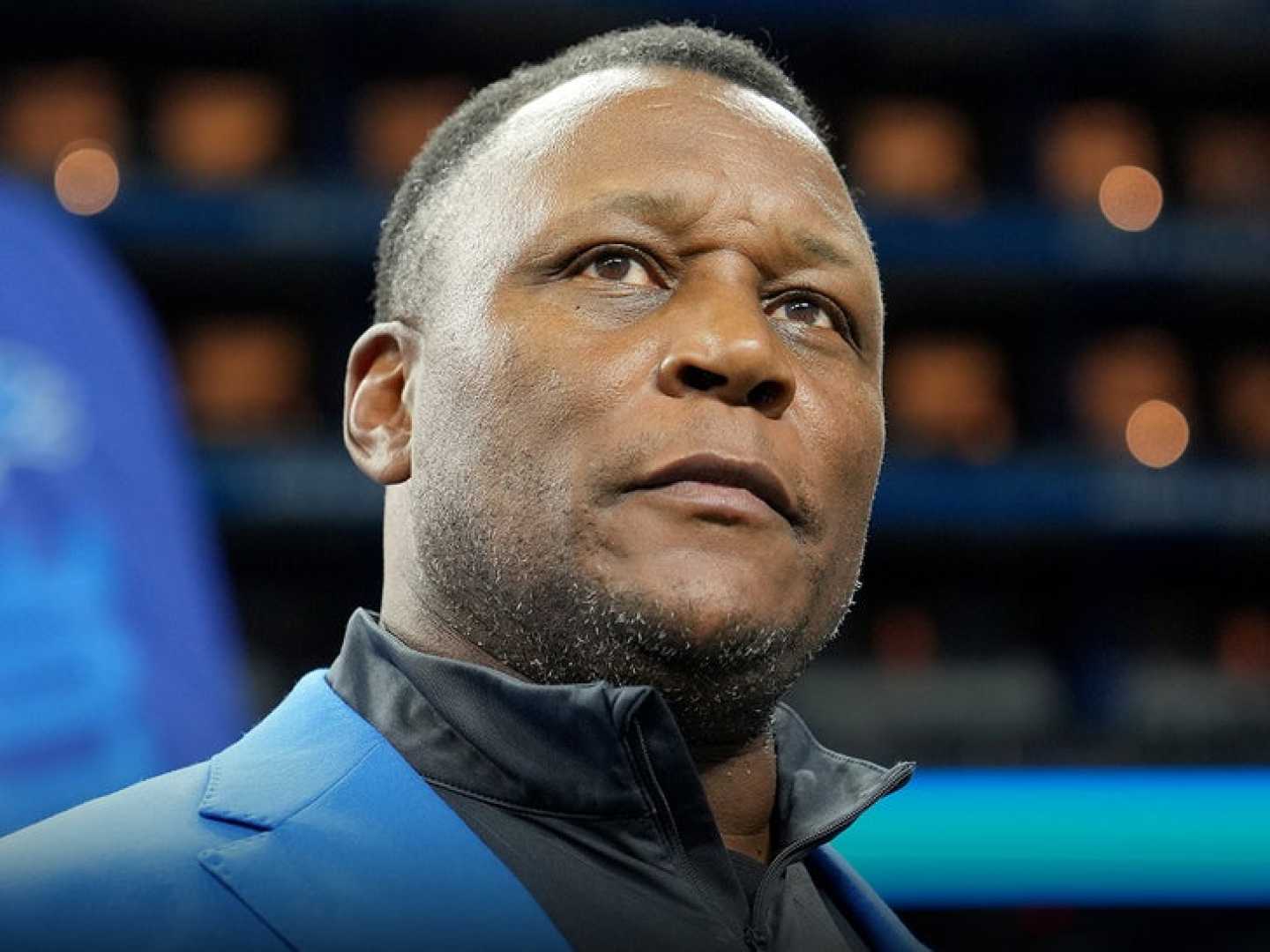Health
Barry Sanders Reveals Heart Attack Experience and Advocates for Heart Health

Detroit, MI — Former Detroit Lions running back Barry Sanders, 56, revealed he suffered a heart attack during a recruiting visit for his son last June. In a recent interview with CBS Sports, Sanders opened up about the incident, describing it as a shocking experience.
Sanders initially thought he was suffering from heartburn. “I couldn’t believe it, honestly. I thought it was like heartburn, but it just kind of persisted,” he said. After enduring a burning sensation in his chest, he left the visit early and drove himself to the emergency room.
Upon arrival, doctors discovered his enzyme levels were unusually high. A heart catheter procedure confirmed he had indeed suffered a heart attack. “Of all things, I don’t know why, that just never entered my mind,” Sanders remarked, highlighting the unexpected nature of the event.
As he reflects on his experience, Sanders urges the importance of regular health checks. “It’s not something you’re going to be able to feel. You don’t have to fit a certain physical profile,” he said, encouraging everyone to get tested for low-density lipoprotein cholesterol (LDL), known as bad cholesterol.
Nearly a year after his heart attack, Sanders reported improvements in his health due to complying with his doctor’s recommendations, which include taking medication and adopting a heart-healthy lifestyle. He mentioned that regular walking has contributed positively to his health. “It’s definitely made me healthier and happier,” he added.
In a documentary titled “The Making of a Heart Attack,” premiering on A&E on June 14, Sanders discusses his journey alongside other individuals who have faced similar health crises. “It’s really been an education for me, learning about how frequent this happens all over the U.S.,” Sanders said, emphasizing the importance of education about heart health.
Sanders’ experience explores not only personal recovery but also the systemic issues within healthcare regarding heart health. He aims to raise awareness, stating, “The system, including healthcare professionals and patients, aren’t catching the signs early enough.” His hope is that his story will inspire others to take proactive steps in managing their heart health.












